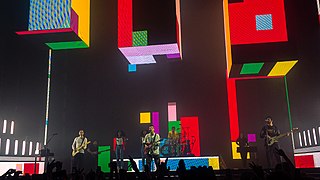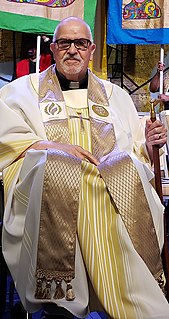A Quote by Elie Wiesel
I try to see their moral relevance [in the Bible] and, of course, to admire the literary beauty of the text. Prophetic poetry: No one has written the way Isaiah does.
Related Quotes
[My approach to the Bible, history does really matter.] Everything matters. But I have priorities. For instance, for me to know whether there were two Isaiahs or one is less important than the text itself. Of course I read the arguments for and against. But it's not my task in life to say there were two or three authors of Isaiah's book, or how many authors there were of Deuteronomy. This is not what I'm doing.
I read the text; and then I come to the Shirat ha-Yam, to the Song of the Sea [Exodus 15], to the poetry. Who could have written such a poem except someone who went through it? It is so full of life, so full of truth, of passion, of concern. And the thousands and thousands of commentaries in the Talmudic tradition that have been written on it. It had to have happened. But even if not, I would attribute the same beauty to the text as I do now.
My claim is simply that the literary approach is one necessary way to read and interpret the Bible, an approach that has been unjustifiably neglected. Despite that neglect, the literary approach builds at every turn on what biblical scholars have done to recover the original, intended meaning of the biblical text.
Only idiots or snobs ever really thought less of 'genre books' of course. There are stupid books and there are smart books. There are well-written books and badly written books. There are fun books and boring books. All of these distinctions are vastly more important than the distinction between the literary and the non-literary.


































